The fool doth think…
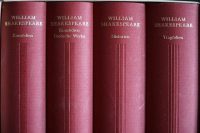
The fool doth think he is wise, but the wise man knows himself to be a fool. – Touchstone — William Shakespeare (1564 – 1616): As You Like It, Act V, Scene I (Image by jhenning from Pixabay) (Text-to-Speech by… More »

The fool doth think he is wise, but the wise man knows himself to be a fool. – Touchstone — William Shakespeare (1564 – 1616): As You Like It, Act V, Scene I (Image by jhenning from Pixabay) (Text-to-Speech by… More »
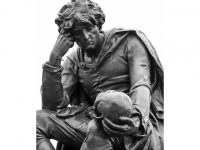
Conscience makes cowards of us all. – William Shakespeare (1564 – 1616): Hamlet (Image by Chris Reading from Pixabay) (Text-to-Speech by Sound of Text, using the engine from Google Translate) More »
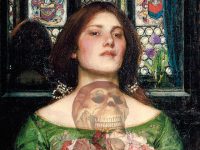
Frailty, thy name is woman. – William Shakespeare (1564 – 1616): Hamlet (Image by Kanchan Mahon from Pixabay) / (Image by Henryk Niestrój from Pixabay) (Text-to-Speech by Sound of Text, using the engine from Google Translate) More »

Youth’s a stuff will not endure. – William Shakespeare (1564 – 1616): Twelfth Night, Act II, Scene III / (You won’t be young forever.) (Image by Николай Оберемченко from Pixabay) (Text-to-Speech by Sound of Text, using the engine from Google… More »

Everyone has his particular habit. / Every man has his faults. – William Shakespeare (1564 – 1616): Timon of Athens (Image by Lemonsandtea on Pixabay) (Text-to-Speech by Sound of Text, using the engine from Google Translate) More »

It is a wise father that knows his own child. – William Shakespeare (1564 – 1616): The Merchant of Venice More »
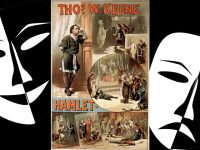
The play’s the thing / Wherein I’ll catch the conscience of the king. // – Hamlet — William Shakespeare (1564 – 1616): Hamlet, Act II, Scene II More »
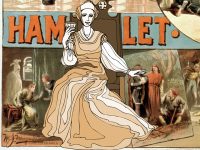
More matter with less art. – Gertrude — William Shakespeare (1564 – 1616): Hamlet, Act II, Scene II More »

The rest is silence. – William Shakespeare (1564 – 1616): Hamlet More »

To be, or not to be: that is the question. – William Shakespeare (1564 – 1616): Hamlet More »